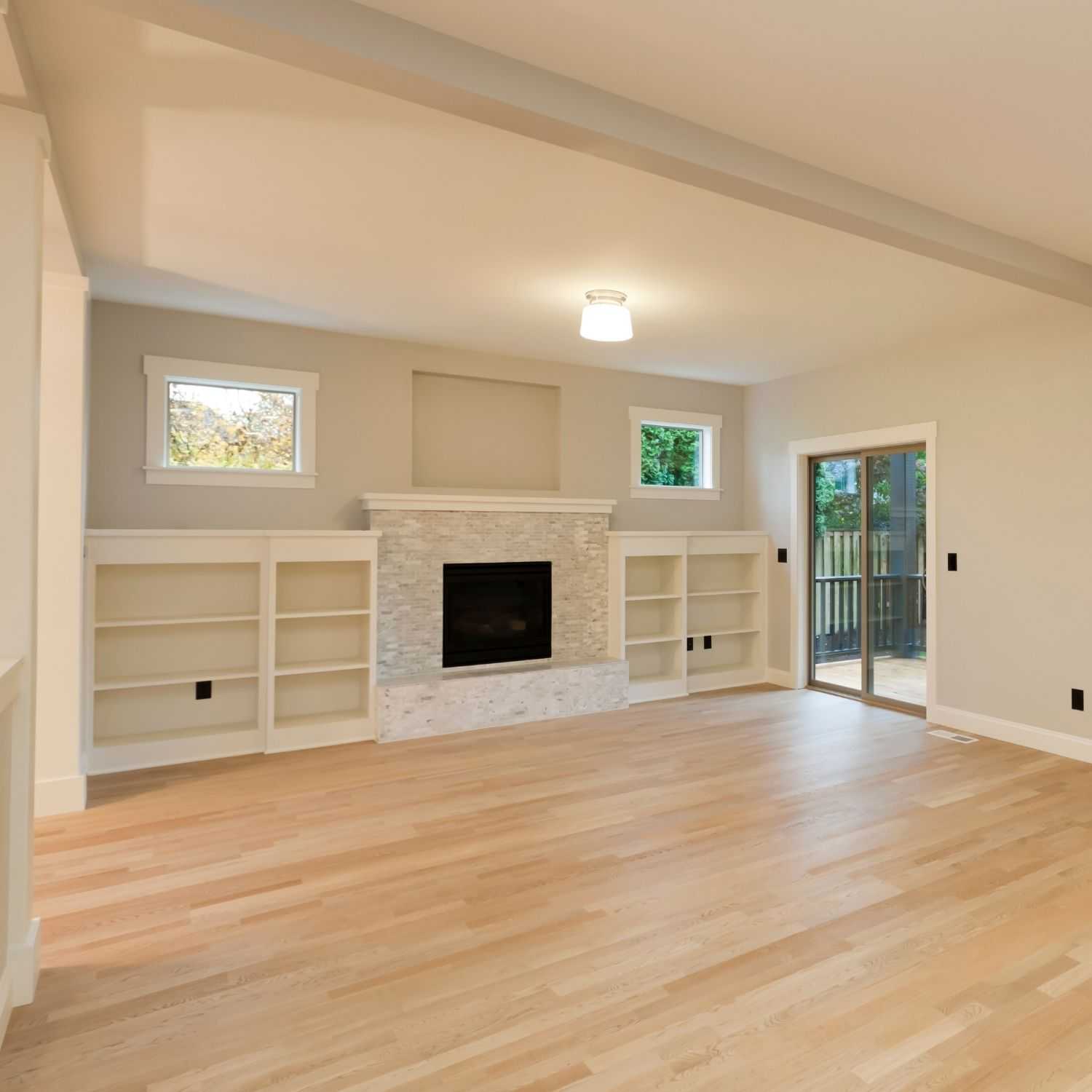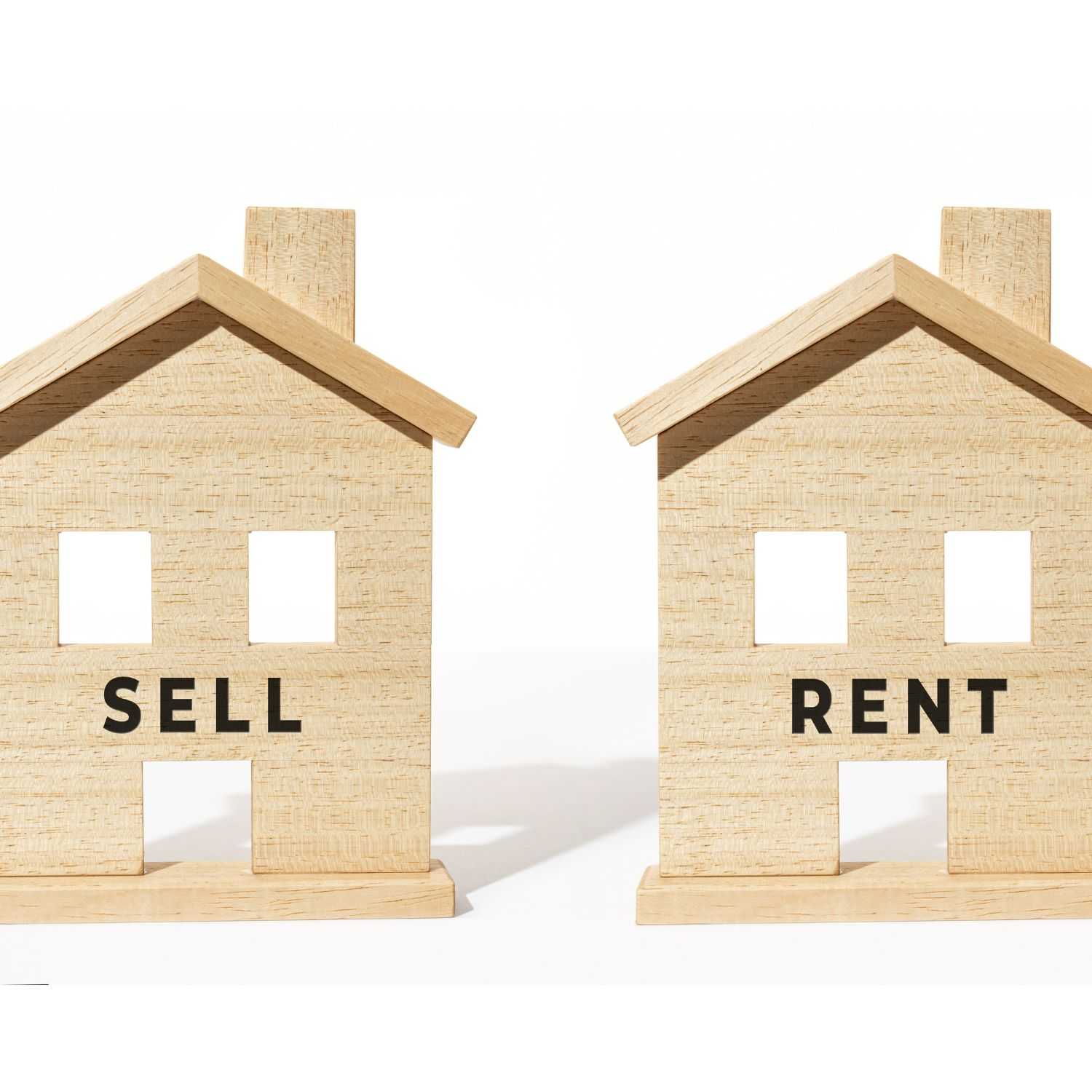Share
One of the risks of letting a property in London is ending up with problematic residents. There’s no landlord advice out there that can guarantee that you won’t encounter them.
The reality is, that there are people who’ll seem very cooperative and agreeable to your rules and regulations when you first meet them. But once they moved in – it’s like you’re dealing with a different person. You might get someone who doesn’t pay their lease on time. Or someone who seems bent on destroying your unit instead of taking care of it like their own home.
Hopefully, this doesn’t happen to you. But getting advice on how to deal with these people is still necessary if you want to be a successful landlord. And in case you’re already struggling with it – don’t worry. There’s a landlord advice that can guide you in dealing with this problem.
In this article, you’ll get a comprehensive guide on how to navigate problematic residents without losing your mind. You’ll get a better understanding of the troubles that these people bring and how you can avoid them in the first place.
Common Problems with Residents and Guests
The majority of renters in London are usually respectful of the properties they’re letting. But now and then, tenancy problems will arise that’ll challenge a landlord’s sanity.
Before getting on to the landlord advice that’ll help you deal with these scenarios, it’s better to understand the common tenancy issues that you’ll encounter first.
Property damage
It’s common for a structure to wear and tear over time. However, some residents could make it worse. For instance, an adult living with a pet could leave stains and scratches on the walls. Or a family could have a young one accidentally destroying something on the property. Or it could be a pair of flatmates who have a habit of hosting wild parties during the weekends. All of these could lead to damage to your unit.
Who will shoulder the costs of repainting a room? If the tenant drives a nail on the wall – will they be held accountable for the repair once they decide to move out?
Some might not even be transparent about these damages when they happen. Instead of giving the landlord advice about what they’ve done, they might keep it until they’ve moved out. By then, the damage might be severe.
Make sure there’s a clear protocol in place so everyone will know their responsibilities in the repair and maintenance of the home they’re occupying.
Late payments
Late rent payments can be frustrating for a landlord – especially if they’re using it to pay their monthly mortgage or necessities. The disrupted cash flow can cause unnecessary stress.
While financial troubles can happen to anyone, be upfront with lessees about expectations when it comes to monthly payments. Offer payment methods that can conveniently help them meet their rental obligations. Keep records of past payments to head off any confusion. You can even set up automated reminders to give advice about upcoming dues.
Eviction problems
What if a resident isn’t cooperating even after they’re given advice to vacate the property? The refusal to leave can get ugly for a landlord especially if there’s a new renter about to move into their new home.
The truth is, that a lessee is legally allowed to stay in a rented unit until properly evicted. Understanding the legal eviction process in London is necessary to ensure that the dweller is forced to comply with eviction demands. If necessary, seek legal guidance so you can get the proper landlord advice for eviction purposes.
Disruptive behaviour
Nobody wants to live beside a disruptive neighbour. Sometimes, dwellers in the community would file their complaints with the landlord – not the occupant of the property. It’s up to the landlord to send advice to the inhabitants or force them to repair any damages they’ve caused.
Make sure the tenancy agreement is clear on behaviour expectations under the community laws. There are buildings with strict rules about noise and events. It’s up to the landlord to duly inform a tenant before moving into their new home.
Dealing with Problematic Residents
If you’re a landlord facing a huge problem with your tenant, don’t worry. There are ways to help you get through it. Each of the advice listed here will help you with troublesome residents without losing your mind.
Stay calm and professional
Admittedly, this advice may be hard to implement especially when you’re dealing with a very frustrating resident. But as a landlord, you have to master the art of being calm and professional. Maintaining your composure will keep the situation from escalating into a fight.
Just be firm and serious while sticking to the facts of the situation. More often than not, this is more effective in getting people to cooperate with you.
Communicate early and effectively
Part of being an effective landlord is monitoring properties regularly. If you’re doing it right, you should notice issues as they start. Once you see these brewing, communicate immediately. Don’t wait for it to correct itself for fear of a confrontation.
As the landlord, take the first step to give advice about potential problems that might get worse over time. For instance, one missed payment should be addressed immediately. Politely remind them of your tenancy agreement and their responsibilities.
Keep everything in black and white
Avoid getting into verbal agreements without documenting what was discussed. If there are spontaneous conversations between a landlord and a tenant, send an email to enumerate what you agreed on. This will protect both the landlord and the resident from any misunderstanding or confusion.
This advice will also help you align recent discussions with the initial tenancy agreement. For instance, you were discussing the need to repair a broken window because the resident is demanding that you shoulder the cost. However, based on how it was broken, the official agreement states that the resident must shoulder it. Keeping things in black and white will clarify and keep disputes from getting worse.
Stick to the official agreement
This is connected with the previous advice given – always refer to the tenancy agreement. These are legally binding contracts that both landlord and residents should comply with.
Sometimes, these agreements change over time as the residents rent the home longer. Be clear about the latest contract when defining the violations made. Make the resident know that you’re not afraid of enforcing the consequences – as you’re legally allowed to do.
Offer solutions
Apart from sticking to the tenancy agreement, you can also focus on solutions before enforcing the consequences of the resident’s actions. This is a proactive way of dealing with the problem without disagreements.
For instance, there’s a delay in the rent payments. Discuss the issue with the resident and ask them what the problem is. As the landlord, you can change the due date and retroactively adjust the payments so it suits their salary schedule. Doing this will help you reach a mutually agreeable solution and will avoid further issues with payments.
Make eviction the last resort
No landlord wants to deal with difficult residents. Although it seems like the fastest solution, eviction isn’t always the best way to resolve issues with the occupants of your property. Remember, the process of searching and vetting tenants can be costly and exhausting. If you can solve the problem without resorting to evictions, you can avoid unnecessary costs.
Before thinking about eviction, consider the previous advice list first.
Landlord’s Advice to Avoid Problematic Tenants
If there’s a trusted landlord advice that you should take to heart, it’s prevention is better than cure. While it’s not guaranteed, there are steps that a landlord can take to minimise problem tenants living on their property.
One of the best marketing strategies that you can do is to be transparent about your flat. Advertise truthfully about what it looks like and its location. The purpose is to attract the right people to make inquiries. Upload the best photos but give the right description to manage the expectations of future residents.
Apart from that, there are other things that you can do.
Run a background check and request references
This landlord advice is a must when vetting a tenant in London. You want to find someone who’ll treat your flat like their own home.
A great piece of advice to help with the vetting process is to run a background check. Check their “Right to Rent” status and get a reference from the previous landlord. Look for red flags and discuss any concerns you may have about them.
Be clear with your rules and expectations
Before you start a tenancy contract, be upfront about everything. If you have to go through the list of common issues between landlords and residents, do it. Make it clear which one is responsible for the repair of items and common areas in the property. Be clear on the rent payments and due dates. This will set you both up for a healthy relationship.
At the same time, encourage residents to express their expectations and concerns. Set up a channel of communication where you can openly discuss issues and concerns about the home they’re living in.
Constantly check your property inventory
As the landlord, it’s up to you to keep an inventory of the items in your property. Before someone else turns it into their home, have a list of equipment, fixtures, and even appliances that’ll come with the property. This is more important if you’re letting a fully furnished flat.
On top of this advice, you should also diligently inspect the property now and then. This is part of your job as a landlord. This will allow you to see if your inventory is still complete. Schedule it with the occupant so they can be present while you do it. If there are damages, they can answer your inquiries immediately.
Regularly update your tenancy agreement
Sometimes new rules and regulations are implemented that directly affect a landlord’s property in London. These could be restrictions on the rent payments, letting periods, etc. Give residents advice about these changes and update the tenancy agreement if necessary.
The updates on the agreement can also happen with every contract renewal. Or if a specific law is passed, you can notify residents of your intention to implement it immediately. This will keep your property compliant with local regulations.
Let the Experts Handle Tenant Management
Dealing with troublesome tenants requires professionalism, assertiveness and a lot of patience from a landlord. As long as you open lines of communication and understand your rights and responsibilities, you should be able to handle any concerns with ease.
Of course, you can avoid these types of residents and all the stress that comes with it by working with a property management company. They are the experts when it comes to letting properties and they can provide valuable landlord advice about tenancy issues.
At City Relay, we can help with vetting and dealing with tenant issues – ensuring that each tenancy will still lead to positive reviews about your property.
If you’d like to know the scope of our tenancy management services, contact us. We can also discuss strategies that can maximise your rental income.













